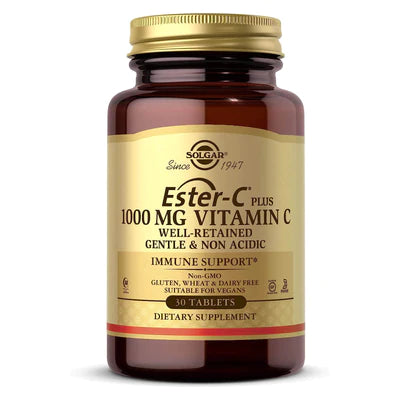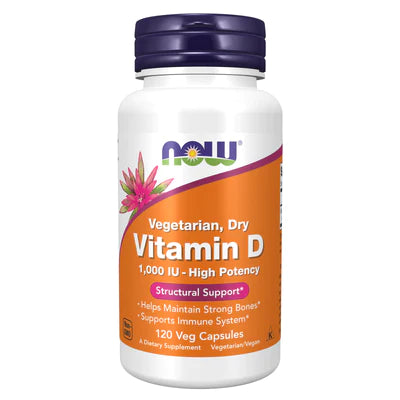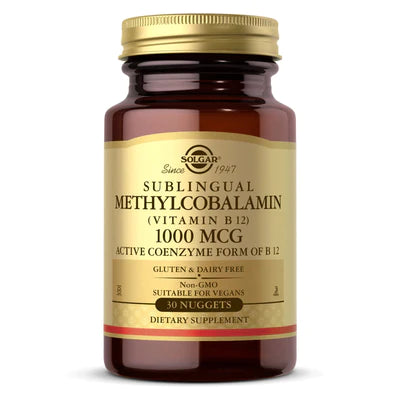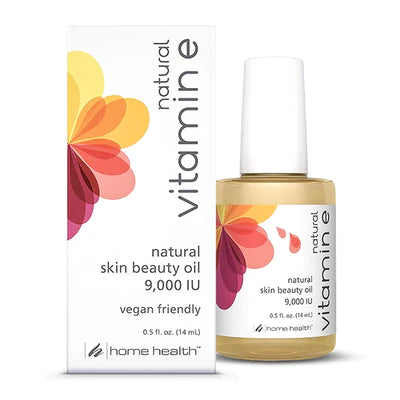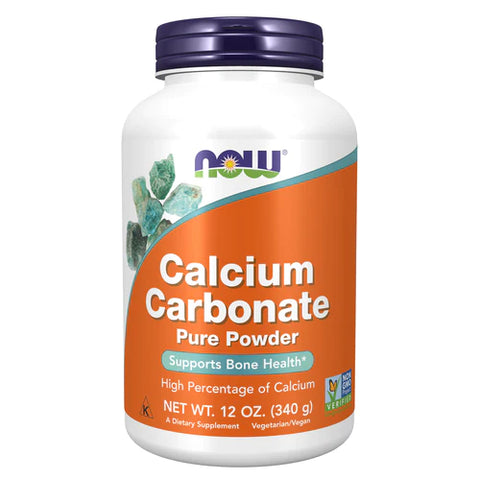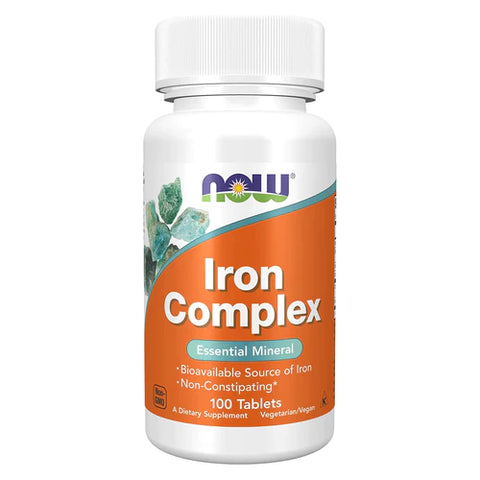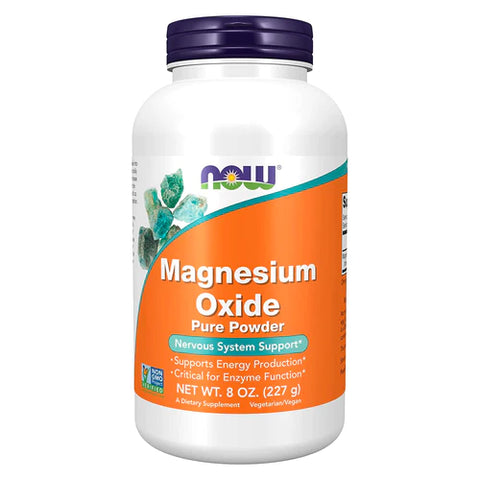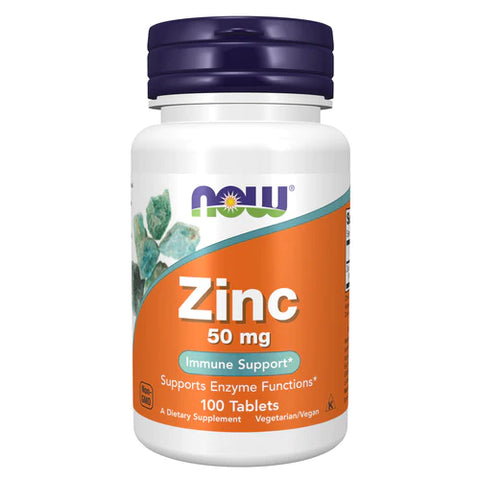As an athlete, your body goes through intense physical activity and demands more energy than in a sedentary lifestyle. This can lead to a greater need for vitamins and minerals to support overall health, performance, and recovery. While it's important to obtain most of these nutrients through a balanced diet, some athletes may consider vitamin and mineral supplements to meet their needs. In this article, we'll explore the most essential vitamins and minerals for athletes and whether or not supplements are necessary.
Essential Vitamins for Athletes
Vitamins play a crucial role in supporting your body's energy production, immunity, and overall health. The most essential vitamins for athletes include:
- Vitamin C: This powerful antioxidant supports the immune system and aids in tissue repair, making it beneficial for athletes recovering from injuries.
Recommended Product:
- Vitamin D: This vitamin helps the body absorb calcium, which is essential for bone health. It also supports muscle function and can help reduce the risk of stress fractures.
Recommended Product:
- B Vitamins: The B complex of vitamins (B1, B2, B3, B5, B6, B7, B9, and B12) are involved in energy production and can help reduce fatigue. They are also important for red blood cell production, which delivers oxygen to the muscles.
Recommended Product:
- Vitamin E: This antioxidant supports immune function and helps reduce inflammation in the body, making it beneficial for athletes recovering from intense exercise.
Recommended Product:
Essential Minerals for Athletes
Minerals play a critical role in a variety of bodily functions, including muscle and nerve function, bone health, and energy production. The most essential minerals for athletes include:
- Calcium: This mineral is essential for bone health and muscle function. It also plays a role in energy production and can help reduce the risk of stress fractures.
Recommended Product:
- Iron: Iron is involved in the production of red blood cells, which transport oxygen to the muscles. Athletes, especially females, are at a higher risk of iron deficiency due to the demands of exercise.
Recommended Product:
- Magnesium: This mineral is important for muscle and nerve function, energy production, and bone health. It can also help reduce muscle cramps and aid in recovery.
Recommended Product:
- Zinc: Zinc supports immune function, wound healing, and can help reduce inflammation in the body.
Recommended Product:
Do Athletes Need Supplements?
While a balanced diet is the best way to obtain essential vitamins and minerals, some athletes may have increased needs due to the demands of training and competition. In some cases, supplements may be necessary to meet these needs. However, it's important to remember that supplements should not replace a balanced diet and should only be used to supplement nutrient gaps.
Athletes should also be cautious about using supplements that claim to enhance performance or aid in weight loss, as they may contain harmful ingredients or have limited evidence to support their efficacy.
Risks of Overdosing on Vitamins and Minerals
Taking too much of certain vitamins and minerals can have harmful effects on the body. For example, an overdose of vitamin A can cause liver damage, while too much vitamin C can cause digestive issues such as diarrhea. Iron overdose can lead to nausea, vomiting, and organ damage. It's important to speak with a healthcare professional before taking any supplements and to follow the recommended dosages.
Conclusion
Vitamins and minerals play an important role in supporting the overall health and performance of athletes. While a balanced diet is the best way to obtain these nutrients, supplements may be necessary to meet increased needs. Athletes should be cautious about using supplements that claim to enhance performance or aid in weight loss and should always speak with a healthcare professional before taking any supplements. Remember, supplements should not replace a balanced diet and should only be used to supplement nutrient gaps. It's important to consider the risks of overdosing on vitamins and minerals and to follow the recommended dosages. Overall, athletes should prioritize a balanced diet and lifestyle to support their health and performance, and use supplements only when necessary and under the guidance of a healthcare professional. By taking a holistic approach to nutrition and health, athletes can optimize their performance and achieve their goals.

